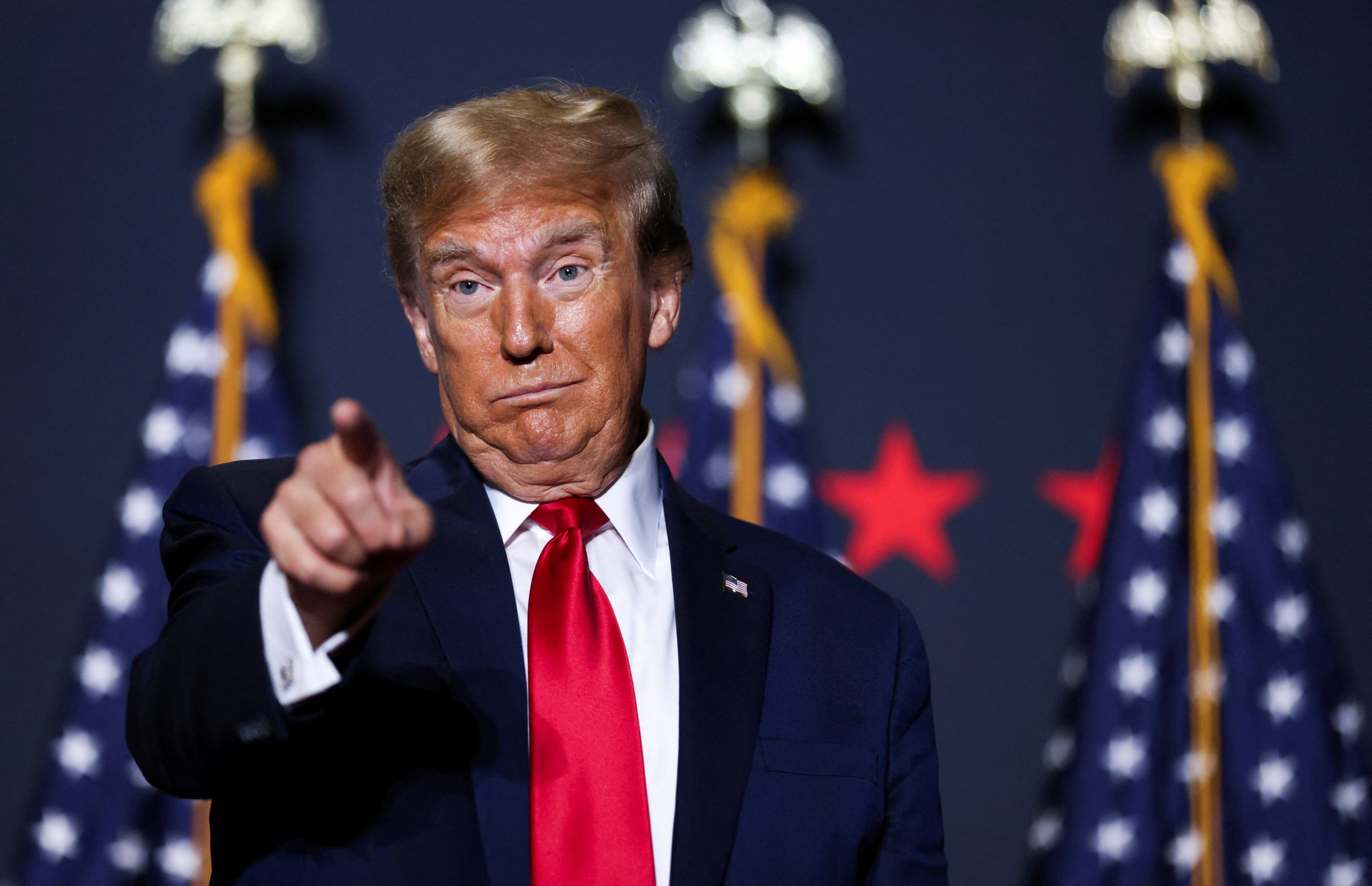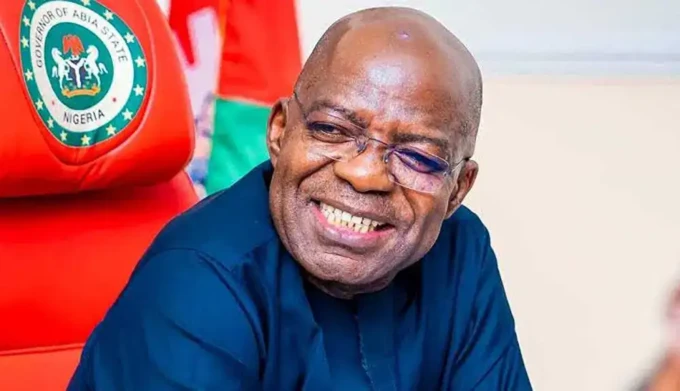Global leaders convened in Kananaskis, Alberta, Canada, for the 51st G7 summit, a pivotal event in international diplomacy. The summit’s agenda was dominated by the escalating Israel-Iran conflict and ongoing trade disputes, particularly concerning U.S. tariffs.
U.S. President Donald Trump, British Prime Minister Keir Starmer, French President Emmanuel Macron, German Chancellor Friedrich Merz, Italian Prime Minister Giorgia Meloni, Japanese Prime Minister Shigeru Ishiba, and Canadian Prime Minister Mark Carney engaged in intensive discussions aimed at de-escalating tensions in the Middle East. The conflict between Israel and Iran had intensified, with mutual attacks raising concerns about regional stability. President Trump, who had previously vetoed an Israeli plan to target Iran’s Supreme Leader, emphasized the need for a coordinated international response to prevent further escalation.
Trade relations were also a focal point of the summit. President Trump faced criticism from other G7 leaders over his administration’s tariffs on Canadian steel and aluminum, which had strained U.S.-Canada relations. In response, Prime Minister Carney opted to forgo a traditional joint communiqué, choosing instead to issue thematic statements to avoid potential disagreements.
The summit also featured significant bilateral meetings. South Korean President Lee Jae-myung and Japanese Prime Minister Shigeru Ishiba held their first summit, underscoring the strategic importance of their alliance amid regional threats, particularly from North Korea, and growing competition with China. Both leaders emphasized the need for future-oriented collaboration despite past historical grievances.
Additionally, Ukrainian President Volodymyr Zelenskyy participated in the summit, seeking support for his country’s ongoing conflict with Russia. The G7 leaders expressed unwavering support for Ukraine’s sovereignty and territorial integrity, calling for a peaceful resolution to the conflict.
The summit concluded with a commitment to strengthen international cooperation on pressing global issues, including regional security, economic stability, and the promotion of democratic values. Despite the challenges faced, the G7 leaders reaffirmed their dedication to addressing global crises through collaborative efforts.












Do you think the G7 leaders discussed important issues or just had a big party in Canada? Share your thoughts! 🌍🇨🇦 #G7Summit
I cant believe they didnt address the environmental impact of fast fashion at the G7 summit. Such a missed opportunity!
Do you think the G7 summit will actually bring about meaningful change or is it just a big show? Curious to hear your thoughts!
Do you think the G7 leaders should address climate change by literally planting trees together during the summit? 🌳 #G7Summit #ClimateAction
Do you think the G7 summit in Kananaskis will actually lead to concrete actions or is it just another photo-op? Lets discuss!
Was anyone else surprised by the choice of location for the G7 summit? Kananaskis, Alberta, Canada seems like an unexpected but intriguing choice!
Do you think the G7 leaders should have a mandatory dance-off to settle international disputes? It could bring some fun to the summit!
Do you think the G7 summit should focus more on environmental issues or economic policies? Lets hear your thoughts!